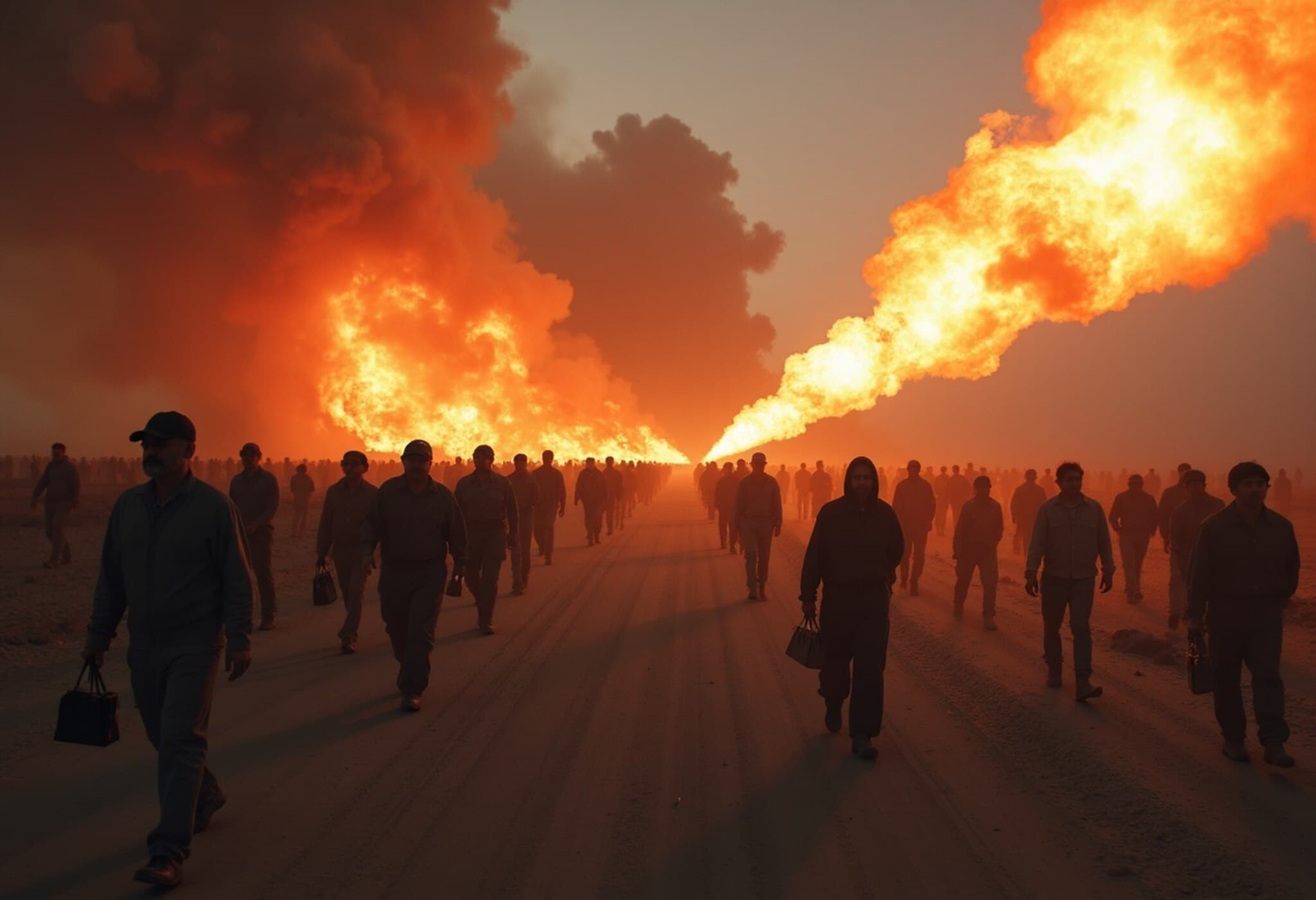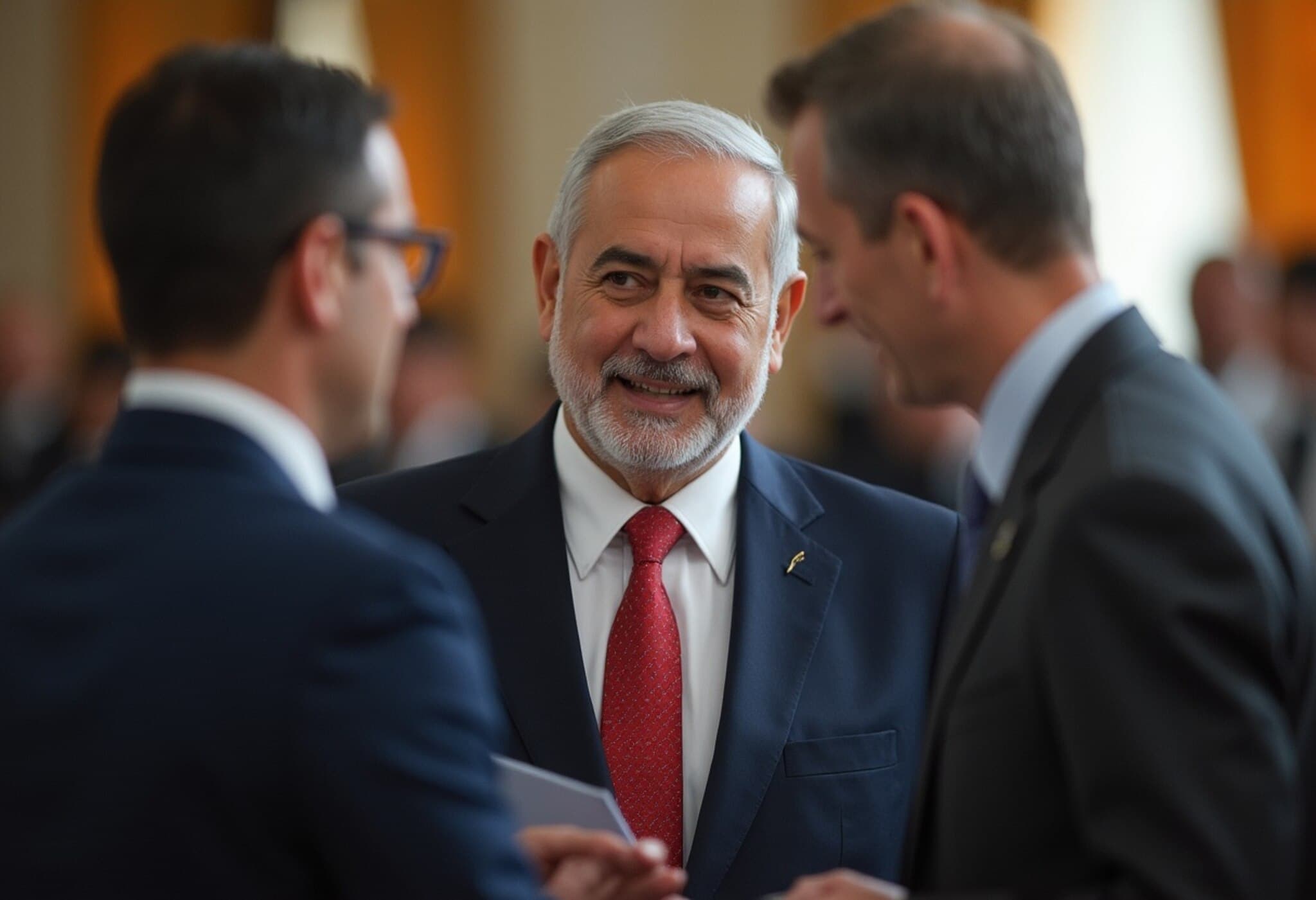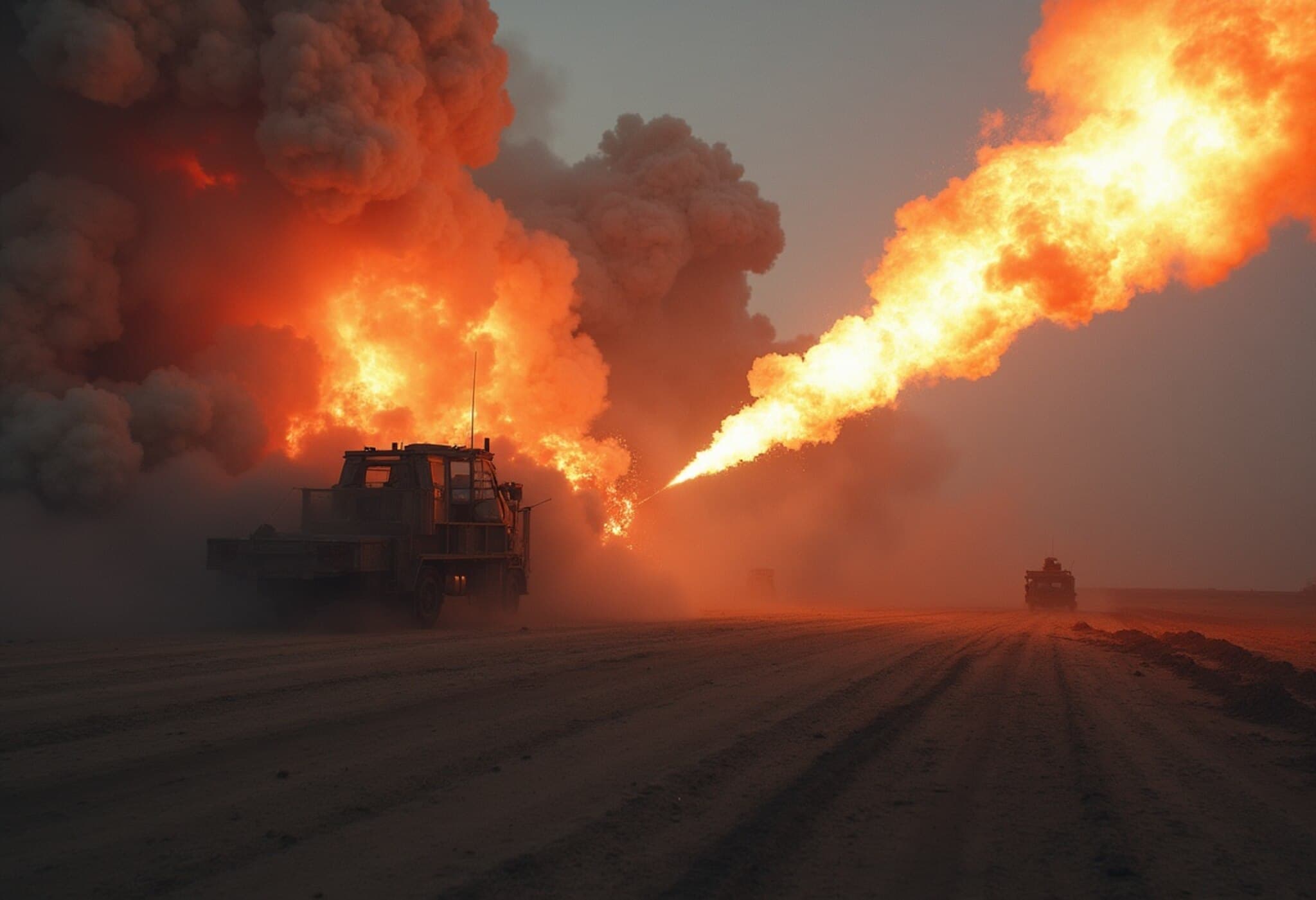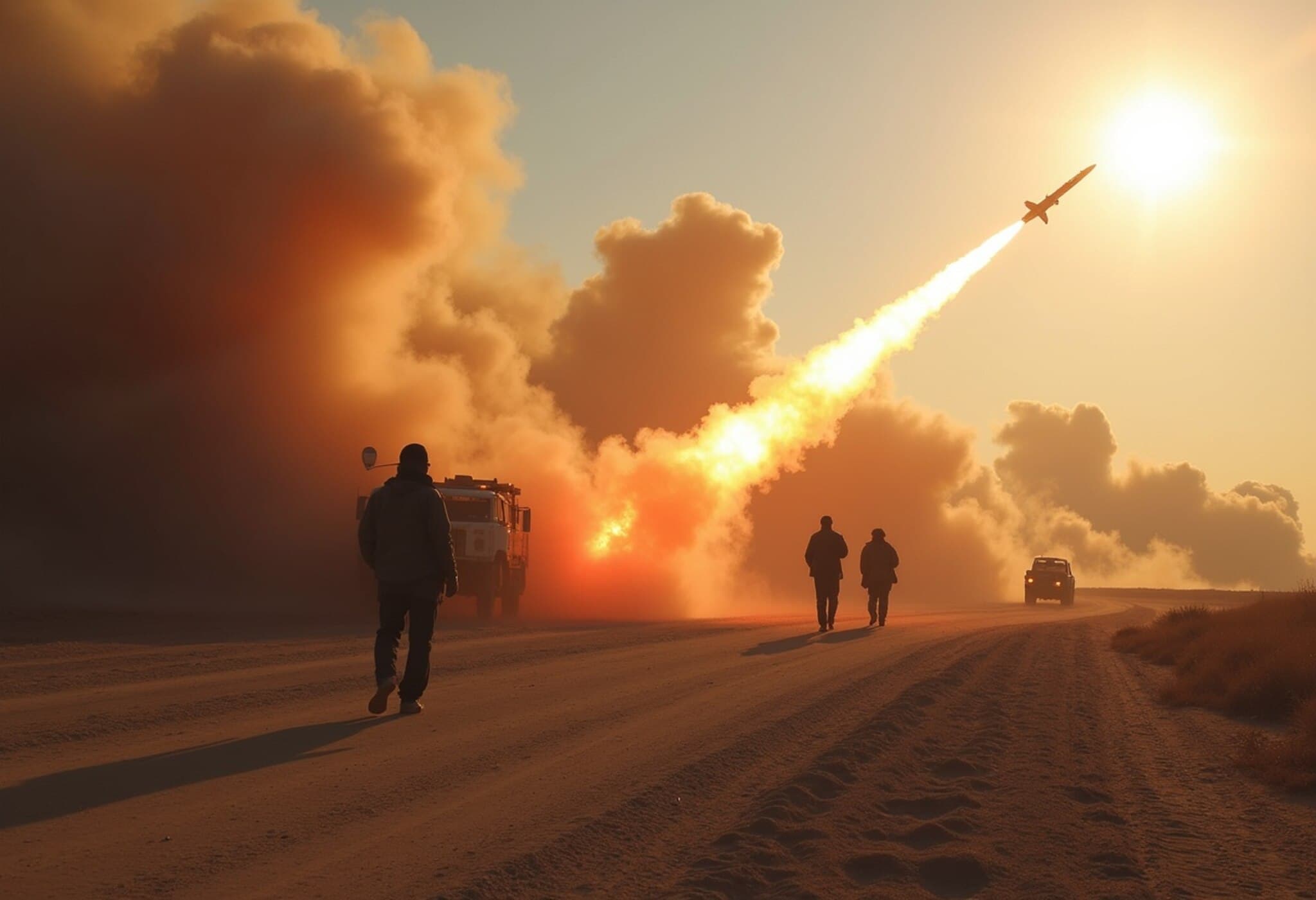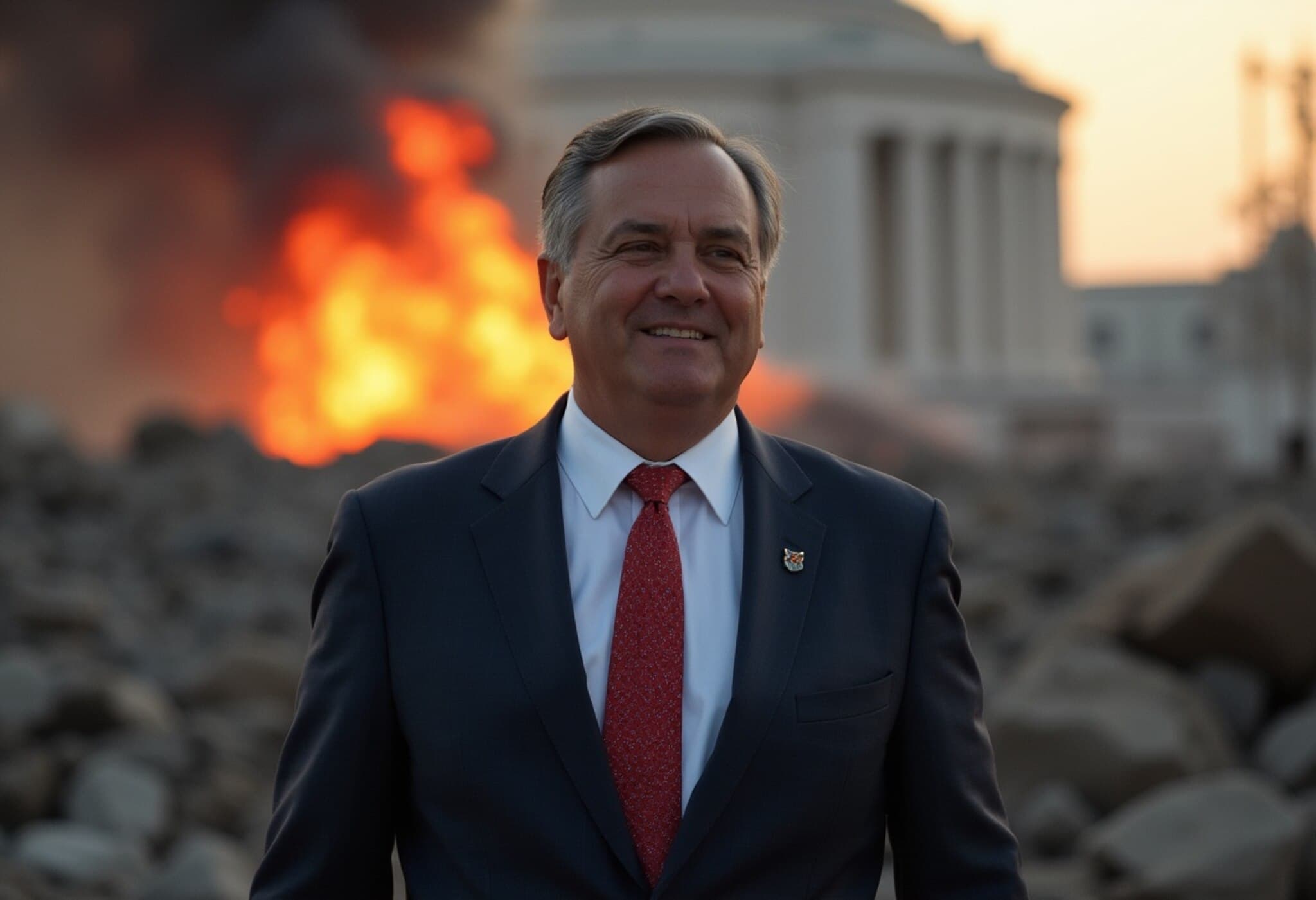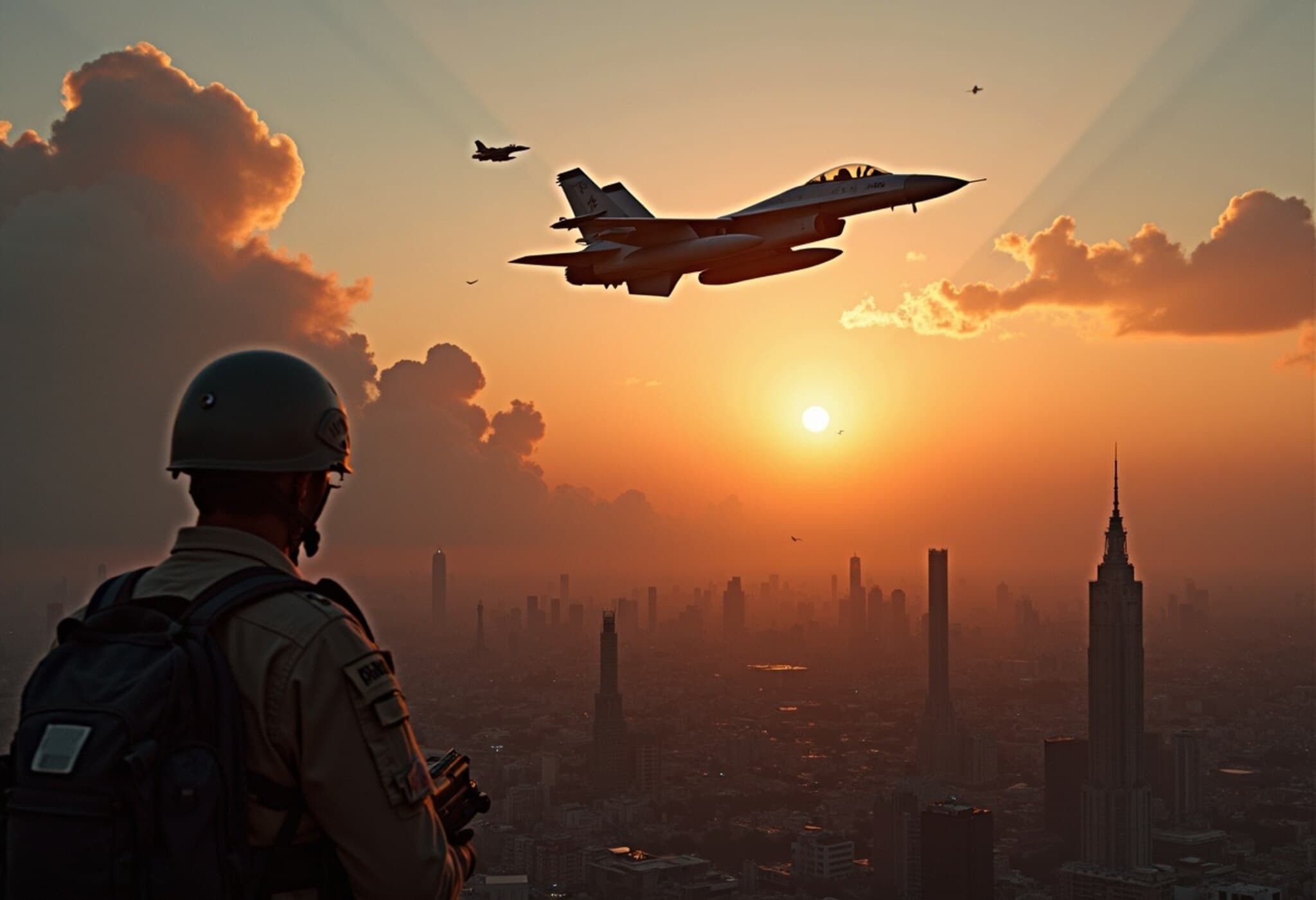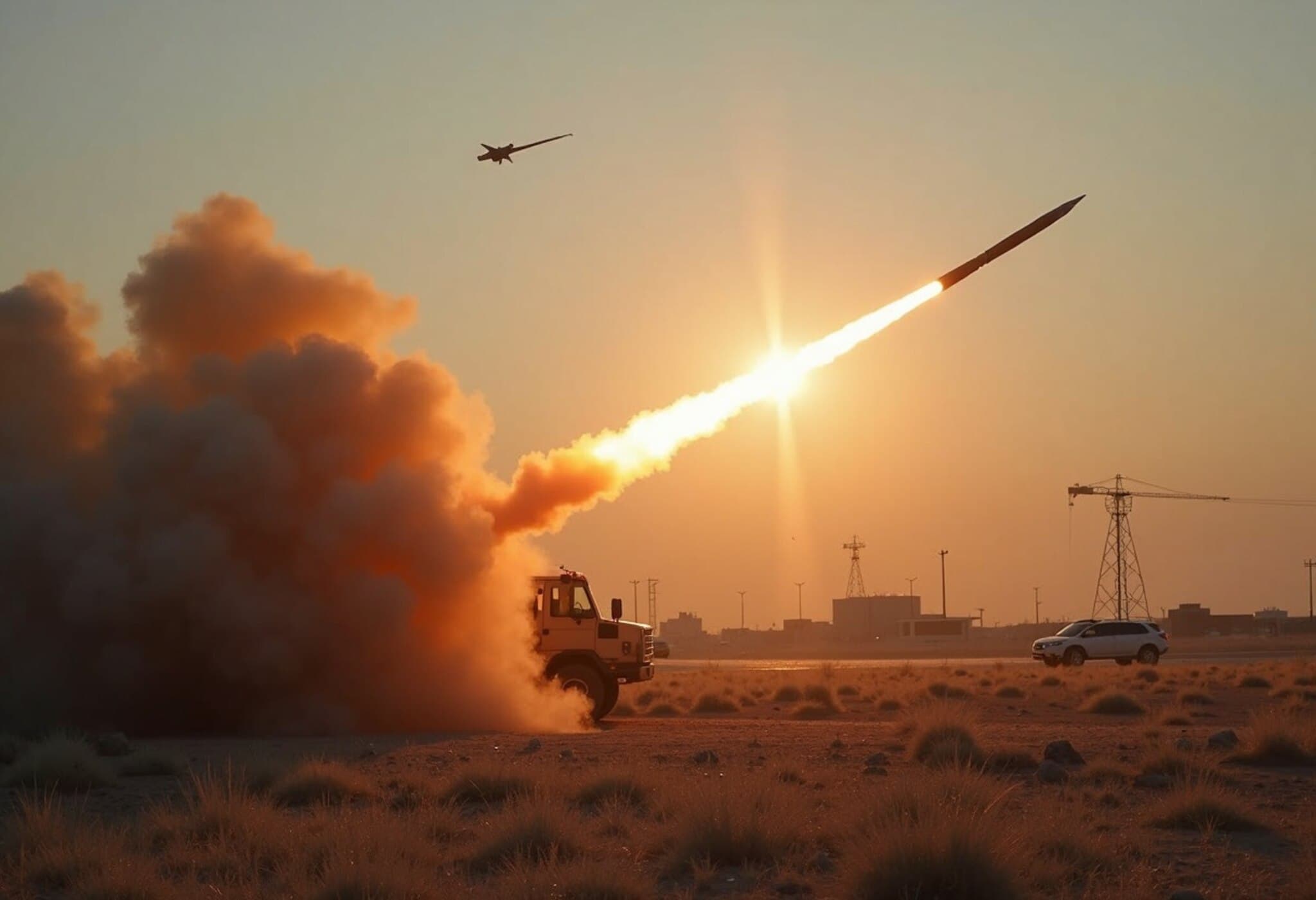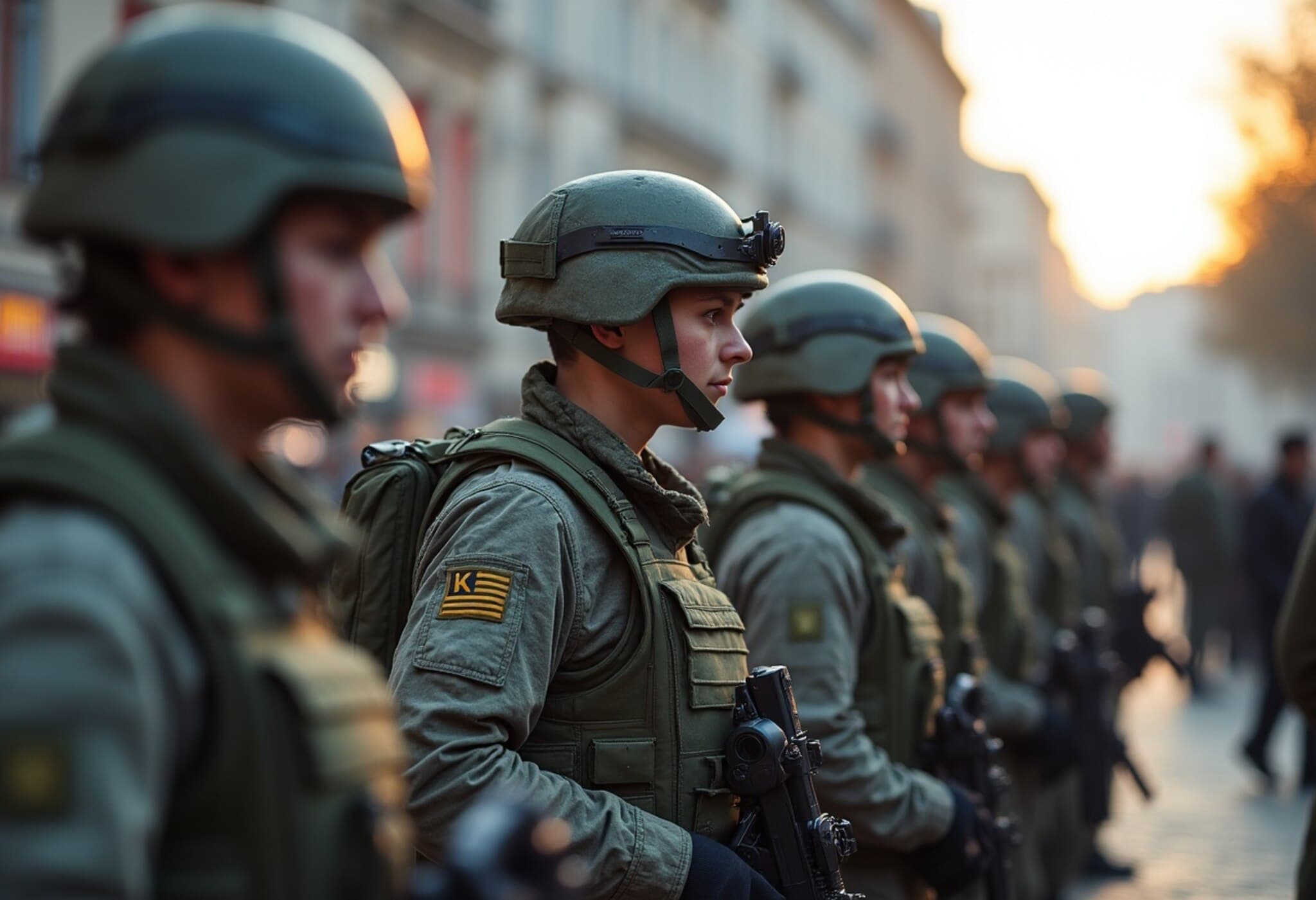Ceasefire Between Israel and Iran Declared but Trust Remains Fragile
In a surprising turn earlier this week, the United States announced it had helped broker a ceasefire between Israel and Iran, two longtime adversaries locked in a fierce conflict. However, initial announcements lacked immediate confirmation from either side, casting doubts on the deal's solidity.
Trump's Announcement Sparks Mixed Reactions
Early Tuesday, the former US president declared on his social platform that a ceasefire had been successfully negotiated. Despite this bold announcement, both Israel and Iran were initially silent, leaving observers uncertain. When both nations later confirmed acceptance of the ceasefire terms, sporadic attacks continued for several hours, fueling skepticism.
Reflecting on the chaotic situation, the former president remarked, “These two countries have been at war for so long and so intensely that they don’t quite know what's going on.”
Post-Ceasefire Developments and Accusations
As calm gradually returned, accusations flew from both sides alleging breaches of the ceasefire agreement. Still, subsequent reports indicate a significant reduction in hostilities, with no new strikes reported as of publication.
Meanwhile, Israel has begun restoring normalcy domestically. The Israel Defense Forces’ Home Front Command has authorized the reopening of schools nationwide and lifted earlier safety restrictions imposed following Iranian retaliatory missile attacks.
Since the conflict reignited on June 13, educational institutions had remained closed due to missile threats. The Home Front Command had also ordered nonessential business closures to safeguard civilians.
On the Iranian side, President Masoud Pezeshkian declared the end of what he termed the “12-day war” shortly after hearing about the ceasefire enforcement.
US Military Strikes on Iran Questioned
Meanwhile, scrutiny has grown over recent US airstrikes targeting Iran's nuclear infrastructure. Contrary to claims heralding a decisive blow, insider reports suggest the attacks fell short of destroying Iran's centrifuges and uranium reserves.
White House officials dismissed leaked assessments as inaccurate, though they confirmed the reports had been classified as highly sensitive before becoming public.
The former president responded by acknowledging the strikes set Iran’s nuclear program back by only several months, rather than obliterating it.
Experts Weigh in on the Ceasefire and Regional Stability
While the cessation of open conflict offers hope, analysts caution that the peace remains fragile and could unravel.
Jonathan Panikoff, a security expert focused on Middle Eastern affairs, highlighted that Iran's military strength has been significantly diminished. Concurrently, Israel may be approaching its limits after enduring sustained missile exchanges.
He further noted that diplomatic openings might emerge through neutral mediators, such as Oman or China, yet stressed that curbing Iran’s nuclear ambitions remains a complex challenge.
"Iran's defensive capabilities have been severely compromised, far beyond what many expected," Panikoff said. "Israel has met many of its strategic goals in limiting Iran's missile and nuclear capabilities but may be running low on missile interceptors after recent attacks."
Looking Ahead: Uncertain Peace in a Volatile Region
As both nations cautiously tread the path of peace, the possibility of renewed conflict lingers. The international community continues to monitor developments closely, hoping that diplomatic efforts hold and wider escalation is averted.

